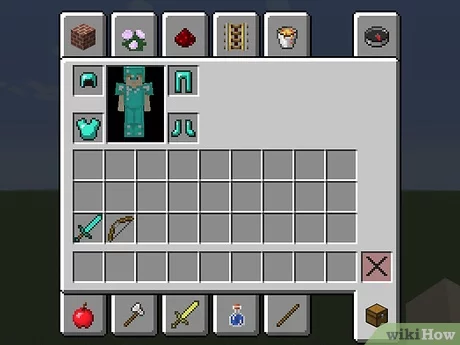3 Ways to Assess Your Relationship Stage

Are you curious about where your relationship stands? It’s natural to want to gauge the progress of your connection with your significant other, whether it’s still in the early stages or has evolved into something stronger. Knowing the stage of your relationship can provide insight into its future direction and growth. Here are three ways to assess your relationship stage so that you can understand and nurture it accordingly.
1. Examine emotional attachment and trust:
Emotional attachment and trust are essential aspects of a blossoming romantic relationship. Pay attention to how your feelings for your partner have developed over time. Are you comfortable sharing your thoughts, feelings, and vulnerability with this person? Can you count on them when you need emotional support? The level of emotional attachment and trust you share with your partner is a good indicator of the depth of your connection.
Early stages: You enjoy each other’s company, but may not have delved deeply into emotional conversations or vulnerable moments.
Middle stages: You feel increasingly attached emotionally and start turning to each other for comfort and support.
Advanced stages: You feel completely comfortable being vulnerable with each other, trusting one another with your deepest thoughts and emotions.
2. Assess communication and conflict resolution skills:
Healthy communication is crucial in maintaining a long-lasting relationship. Observe how you communicate with your partner, especially during disagreements or conflicts. Can you express your needs openly without fear of judgement? Do you actively listen to understand their stance?
Early stages: Conversations may be superficial or focused on positive topics, avoiding difficult or potentially contentious subjects.
Middle stages: As trust builds, conversations become more authentic and deeper; however, conflicts may still be avoided or lead to heated arguments.
Advanced stages: You develop strong communication skills together, engaging in open conversations about anything and resolving conflicts constructively.
3. Evaluate commitment levels:
The commitment level of both partners is key when determining the seriousness of a relationship. Reflect on whether you’re confident about being in a long-term partnership with one another, considering shared values, goals, and expectations.
Early stages: Casual dating without discussing long-term plans is common in the early stages of a relationship.
Middle stages: Both partners realize they want the relationship to progress and may begin discussing plans for the future.
Advanced stages: You’ve made the decision to commit to each other long-term, and your focus remains on building your lives together.
In conclusion, assessing your relationship stage is vital for understanding its current state and preparing for future growth. When evaluating where you stand, remember to consider emotional attachment, communication skills, and commitment levels. As relationships are dynamic, they will always be evolving; so it’s important to keep checking in with each other and fostering understanding, love, and growth.






